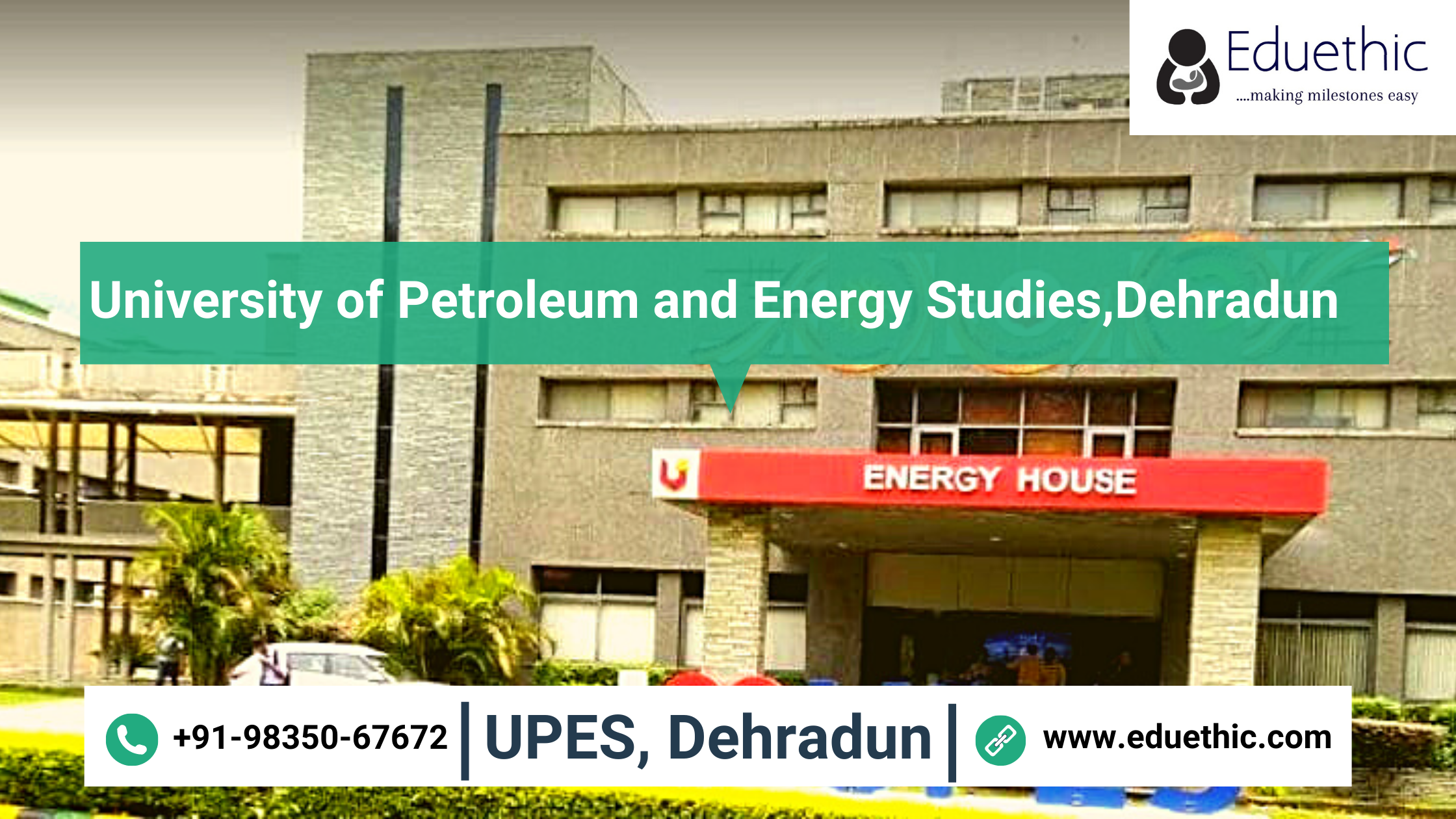Course outline for B.Sc in Forensic Science
By: Eduethic
Warning: Undefined array key "blogDesc" in /www/wwwroot/eduethic.com/blog_view.php on line 264
Deprecated: chop(): Passing null to parameter #1 ($string) of type string is deprecated in /www/wwwroot/eduethic.com/blog_view.php on line 264
If you are interested to pursue forensic science as your graduation course, we are here to provide you all the possible information regarding the same. The B.Sc. Forensic Science is a graduation course that lasts for 3 years. The course includes the application of scientific theory and knowledge for investigating crimes. You probably have read about such stuff in Agatha Christie novels. And here is your opportunity to live your dream of becoming a real-life detective. Study forensic science and apply your knowledge and analyze the evidence to investigate a crime.
B.Sc. Forensic Science: Course Structure
In order to excel at your Forensic Sciences career, you should be well aware of the essential components of the subject. These include:
- Forensic Pathology
- Psychiatry
- Psychology
- Forensic Medicine
- Odontology (Dentistry)
B.Sc. Forensic Sciences mainly takes into account laboratory-based science practices that include:
- Chemistry
- Biology
- Toxicology
- Ballistics
- Fingerprinting
- Analyzing Questioned Documents
- Impressions
Here, we have mentioned the subjects included in the Forensic Sciences curriculum for B.Sc Year 1.
English Language
- Letter Writing
- One word Substitution
- Idioms and Phrases
Inorganic Chemistry
- Atomic structure
- Hybridization and different types
- Chemical bonding
- Chemistry of block elements
Basic Physics
- Mechanics
- Thermal Physics
- Electromagnetism
- Waves and Oscillations
- Optics
- Atomic Physics
Introduction to Forensic Science & Criminalities
- Introduction to Forensic Science
- Definition and Types of Crime
- Police Organization
- Crime Scene
Below we have described the syllabus for Year II:
Organic Chemistry
- Introduction
- Methods of Purification
- Electronic displacement
- Stereo-isomerism
- Pesticides & Insecticides
Fundamentals of Biology
- Introduction and Characteristics of Bacteria
- Angiosperms
- Non-Chordates
- Genetics
- Evolution
- Human Physiology
Environmental Studies
- Definition, Scope, and Nature of Environment
- Natural Resources: Renewable and Non-renewable Resources
- Ecosystems
- Bio-diversity and its Conservation
- Environmental Pollution
Law for Forensic Scientists
- Criminal Procedure code
- The constitution of courts
- Hierarchy of courts and their respective powers
- Constitution of India
- Indian Evidence Act
- Indian Penal code
- Narcotic Drugs & Psychotropic Substances Act
Here we have explained the syllabus for Year III of B.Sc. Forensics Science
Physical Chemistry
- Acid and Bases
- Electrochemistry
- Chemical Kinetics
- Adsorption and Catalysis
- Thermodynamics
- Colligative Properties
Fundamentals of Math & Statistics
- Matrix
- Differential Calculus
- Statistics
- Testing of Hypothesis
Fundamentals of Computer Science
- History and development of computers
- General awareness of computer hardware
- Basic operating system concept
- Cyber Crimes
Instrumentation & Investigation Techniques
- Crime Detection Devices
- Microscopy
- Chromatography
- Documents
- Ballistics
- Fingerprints Examination
Here are the best books you should get hold of for excelling at your B.Sc. course in Forensic Sciences:
- Physical Evidence in Forensic Science: Henry C.
- Spoken English: Alison Reid
- Inorganic Chemistry: Shriver and Atkins
- Mycobacteria Protocols: Tanya Parish and Amanda Claire Brown
- Molecular Diagnostics: George P. Patrinos
- Principles of Proteomics: Richard Thyman
- Environmental Biology: Verma P.S and Agarwal V.K
- Physical Chemistry: P. Atkins and J de Paula
.jpg)







 @2025| eduethic.com All Rights Reserved
@2025| eduethic.com All Rights Reserved